In conversation with Creative Review: Why place brands should embrace their ‘difficult bits’
Is Essex right to leave TOWIE behind, or is it abandoning branding gold? Lantern’s Ryan Tym discusses why the best ideas for place branding sometimes come from unexpected sources
Written by Emma Tucker
Place branding is a hot topic right now, as destinations try to claw back two years of tourism lost to Covid. Competition is fierce, and not everywhere can rely on images of golden beaches or rolling hills to get the punters in.
And it’s not just overseas tourist destinations having a rethink. In the UK, Essex has been in the news for a forthcoming TV campaign that hopes to ditch the associations with reality TV series The Only Way Is Essex (TOWIE), and emphasise the county’s local culture and history.
But are they missing a trick? According to Ryan Tym, director of branding agency Lantern – which has worked on campaigns for Visit Estonia, Leicester Square and Newington – there’s enormous potential for places to celebrate their more ‘difficult’ aspects.
“We have this mantra we talk to clients about, which is about embracing the truth of a place,” he explains. “That is all about the fact that you can’t hide or push these things under the carpet. It’s about challenging negative perceptions – so this could be to do with the architecture of the place, or the history, or the offer of what’s actually available in a place.”
Tym believes that places stand out by tapping into their idiosyncrasies, rather than glossing over them. And for Essex, that might mean accepting the influence of TOWIE and reframing it, rather than abandoning it altogether.
“There is a part of Essex’s story that’s wrapped up in TOWIE as a programme,” he explains. “There is a lot more to it than that, but when I look at TOWIE I think there’s something really interesting to build on in terms of Essex’s personality and character. It’s bold, it’s humorous, it’s vibrant, it’s playful, it’s confident.
“All of those things come out of the personalities that are in the show, whether you like them or not, and whether you like the show or not. There’s a character within that. Essex as a county has way more to offer in terms of the contrast – picturesque villages, amazing coastline, the natural side of things.
“They would be really interesting things to look at. We’re not going to rewrite the TOWIE image – within that here’s something special and potentially unique to Essex. There’s a lot of positives to draw on that.”
Lantern has seen, firsthand, the value of accepting the truth of a place, having previously created a new community brand for the estate of Newington, in Ramsgate. He explains that there was no getting away from the reality that Newington is a council estate, home to 5,000 people and dealing with all the challenges associated with that. Instead of pretending otherwise, Tym says Lantern dialled into Newington’s community spirit.
In the past, he explains, the estate had felt isolated by local government, but had developed its own strong, independent character as a result. “We wanted to change the use of the word estate into something really positive, from something negative, so the language was all about the estate of the neighbours, or the united estate of Newington,” Tym tells CR.
“It was this underdog, pirate mentality of ‘we’re like an island in this part of the world, but actually that’s made us stronger and brought us together more as a community’. We try and look for those things and write them into the story.”
According to Tym, this is the kind of honesty, acceptance and humility that’s absolutely essential for creating successful place brands. By accepting that many travelleres couldn’t even place it on a map, Visit Estonia moved away from promoting specific destinations in the country, and towards the experiences it offers – bog-shoeing through the wilderness, foraging for mushrooms or swimming in the frozen Baltic – to attract tourists after something different.
Other brilliant examples cited by Tym include the 2011 Chrysler ad, Born of Fire, which was disarmingly honest about Detroit’s uphill battle, as well as a 2020 set of ads by Snowbird Ski Resort in Utah, which used one-star reviews to challenge skiers to come visit. And of course, there’s KesselKramer’s now infamous work with the Hans Brinker Budget Hotel in Amsterdam.
As Tym says: “People want to appeal to everyone, so they’ll say, ‘We want every demographic, every age group, every business’, and the minute you do that it’s the cliché of trying to speak to everyone, and you speak to nobody. But that’s the truth of a place. You have to define what you’re about.”






